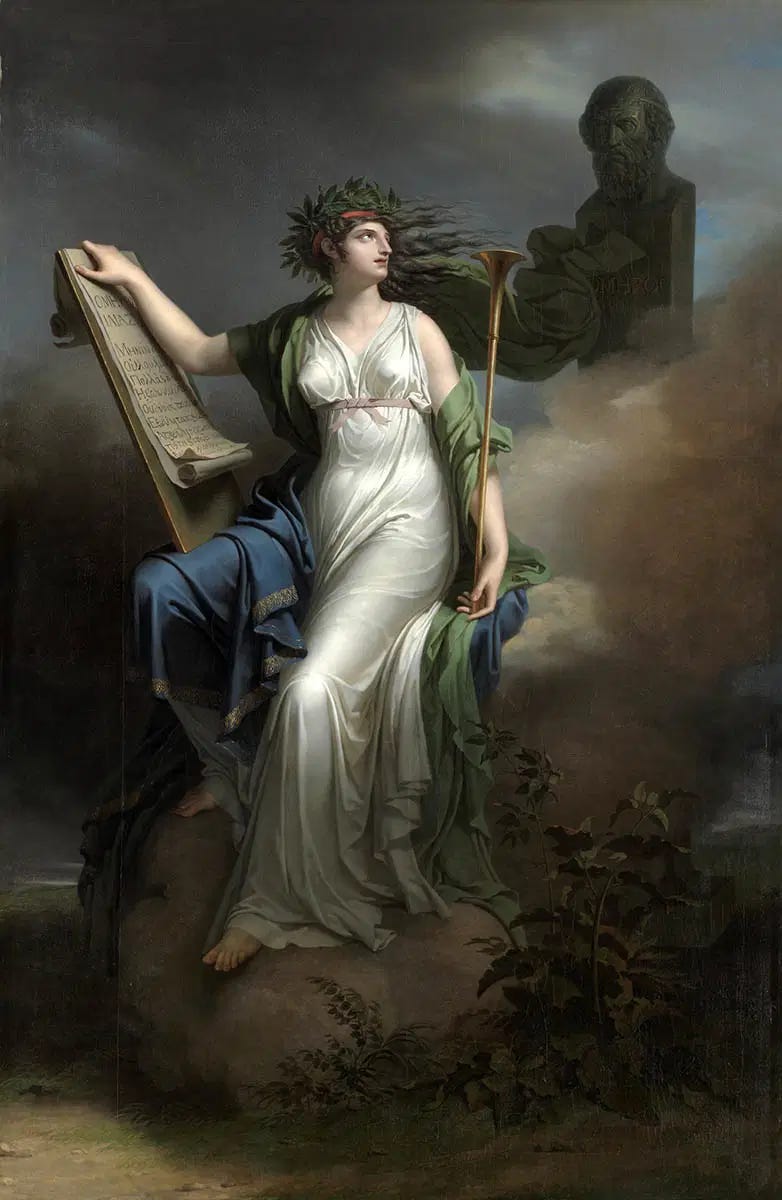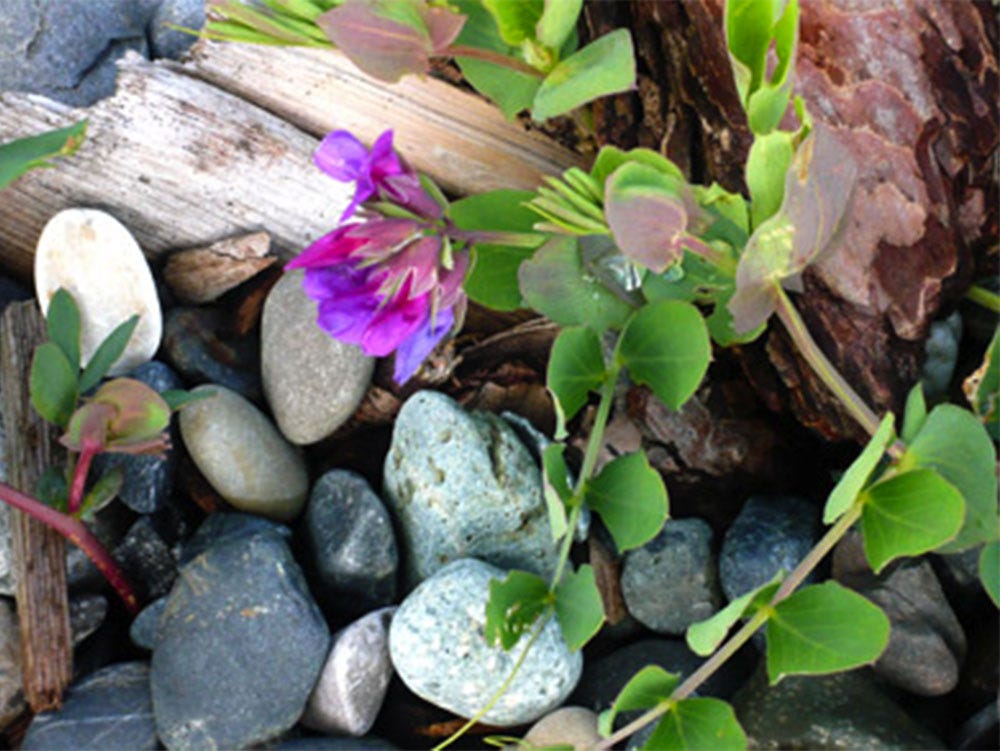
Hello R&W community!
Happy weekend :). And welcome back to this month’s poetry focus.
If you’re unsure of what I’m talking about, read last week’s post on National Poetry Month and my effort here to celebrate by featuring poets in Ben Palpant’s book, An Axe for the Frozen Sea. I am so enjoying reading his conversations with poets about “what matters most.”. For those poets I’m familiar with, I’m falling in love again, and for those poets I’m being introduced to (most of them), I’m falling in love for the first time… and shamelessly adding their collections to my home library’s poetry shelves.
Luci Shaw
This week I’d like to highlight poet, Luci Shaw. I’ve been reading Luci Shaw’s poetry for almost two decades now. She was one of the first contemporary Christian poets I was introduced to. She is one of my favorite poets. I return to her work over and over again.
As I mentioned in last week’s post, I want the poets’ own words to do the work of each post. So, without further ado, here are some of my favorite quotes from Ben’s interview with Luci Shaw:
On imagination and the role of poetry:
“…imagination is a gift,” she says. “it is something that can be grown in a good or a bad direction, so I think we have to treat this gift like all of God’s other gifts. We must give it back to God.”
“How would you say imagination speaks uniquely to the imagination?” I ask.
“poetry is different from mere history or fiction. Poetry calls for a different response from the reader. It asks a reader to enter a room with the poet—beyond facts and information—to a realm of image-making in our heads. Imagination is making pictures in our minds and allowing God to use that capacity to create new things, new ideas into the world. that comes from reading and listening. I try to read good writing as a way to inform my imagination. Putting words onto paper takes a certain journey of the mind because you see something in your head and somehow you have to put it into a form that is accessible to the reader.” (p. 221-222)
On the “stones in our pockets” and how we let these stones go (based on lines from a poem by Naomi Shihab Nye: “Words— / otherwise it is just a world with a lot of rough edges, / difficult to get through, and our pockets full of / stones.”:
“What would you say are the stones in our pockets that are weighing us down these days, and how does poetry minister to people burdened by such stones?
“That is a very potent question. In this life of ours where politics has taken such a huge part of our thinking and our understanding, I find it stretching my soul with anger and frustration. Politics seems to take the worst of human motivation and human action and turn it sour. It just eats at my soul. But at my church, there’s such an emphasis on God’s word, the words of Scripture. So, I get good food in that way. We have to choose whether we will listen to Scripture or to the ugly words of political strife.” (p. 225)
On the importance of community and her friendship with Madeleine L’Engle:
I belong to this wonderful group of people called the Chrysostom Society. Richard Foster, Madeleine L’Engle, and I decided that we wanted to pull together some of our friends who were writers to hear each other read and speak and then to develop books from those gatherings. I think my friendship with Madeleine was another true gift to me. for thirty-five years, we were each other’s best friend. She came from the far left, from the liberal side of the church, and I came from the far right, and we met somewhere in the middle. God was so rich in our understanding of life and of truth. that was one of the gifts God gave to me. I miss her terribly.” (p. 226)
On the gift of nature and feeding the soul:
“You know, I think nature gives us clues as to what ultimately matters and what is ultimately beautiful, you know. I don’t know how many years I have to live, but I hope I can live through a couple more cycles of seasons just because they are so rich. They speak to me…. The buttercups, the cowslips, it’s all so available to us. I don’t think we appreciate the availability of beauty to us. Life is more than the job we do, more than providing food for you family. You know, I love writing poetry and I’m thankful to bookstores that sell my books, but you don’t make a lot of money from writing poetry. It provides food for the mind, but not much food for the dining room table. It’s about feeding the soul and I think nature does that well, direct from the hand of God.” (228)
You can learn more about Luci Shaw here.
Her latest book of poetry, published last year at the age of 95 (!) is: Reversing Entropy.

Poetry to dwell with:
How to be a Poet By Wendell Berry (to remind myself) i Make a place to sit down. Sit down. Be quiet. You must depend upon affection, reading, knowledge, skill—more of each than you have—inspiration, work, growing older, patience, for patience joins time to eternity. Any readers who like your poems, doubt their judgment. ii Breathe with unconditional breath the unconditioned air. Shun electric wire. Communicate slowly. Live a three-dimensioned life; stay away from screens. Stay away from anything that obscures the place it is in. There are no unsacred places; there are only sacred places and desecrated places. iii Accept what comes from silence. Make the best you can of it. Of the little words that come out of the silence, like prayers prayed back to the one who prays, make a poem that does not disturb the silence from which it came. Source: Poetry (January 2001)
The Solitary Reaper By William Wordsworth Behold her, single in the field, Yon solitary Highland Lass! Reaping and singing by herself; Stop here, or gently pass! Alone she cuts and binds the grain, And sings a melancholy strain; O listen! for the Vale profound Is overflowing with the sound. No Nightingale did ever chaunt More welcome notes to weary bands Of travellers in some shady haunt, Among Arabian sands: A voice so thrilling ne'er was heard In spring-time from the Cuckoo-bird, Breaking the silence of the seas Among the farthest Hebrides. Will no one tell me what she sings?— Perhaps the plaintive numbers flow For old, unhappy, far-off things, And battles long ago: Or is it some more humble lay, Familiar matter of to-day? Some natural sorrow, loss, or pain, That has been, and may be again? Whate'er the theme, the Maiden sang As if her song could have no ending; I saw her singing at her work, And o'er the sickle bending;— I listened, motionless and still; And, as I mounted up the hill, The music in my heart I bore, Long after it was heard no more.
Little Revelations By: Luci Shaw Perhaps we should consider stars as outposts of heaven. But right here, on our own lovely planet, in our town, the flickers of early light glance their bright air along the morning roadway compelling response. At the stop light I write an answer, a scribbled line, maybe beginning a new poem. It starts to rain. I notice the way a single drop on a windshield magnifies the whole landscape. Look close. It is like a book of revelation.
Mary Considers Her Situation By: Luci Shaw What next, she wonders, with the angel disappearing, and her room suddenly gone dark. The loneliness of her news possesses her. She ponders how to tell her mother. Still, the secret at her heart burns like a sun rising. How to hold it in— that which cannot be contained. She nestles into herself, half-convinced it was some kind of good dream, she its visionary. But then, part dazzled, part prescient— she hugs her body, a pod with a seed that will split her.
Next week: Angela Alaimo O’Donnell
Thanks for being here, and for joining me on this poetry journey through April.
Until we meet again: Read wide and read well!




